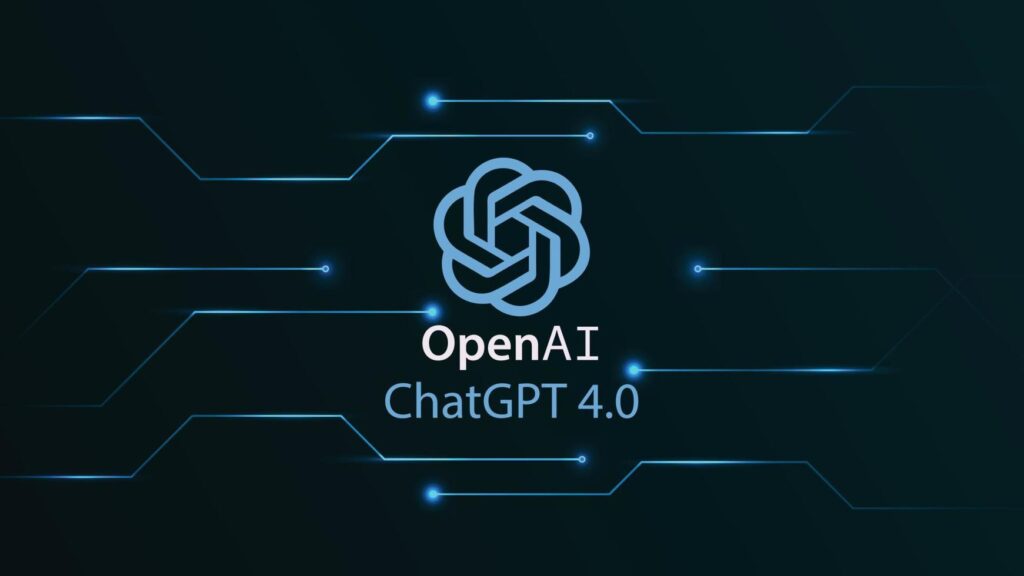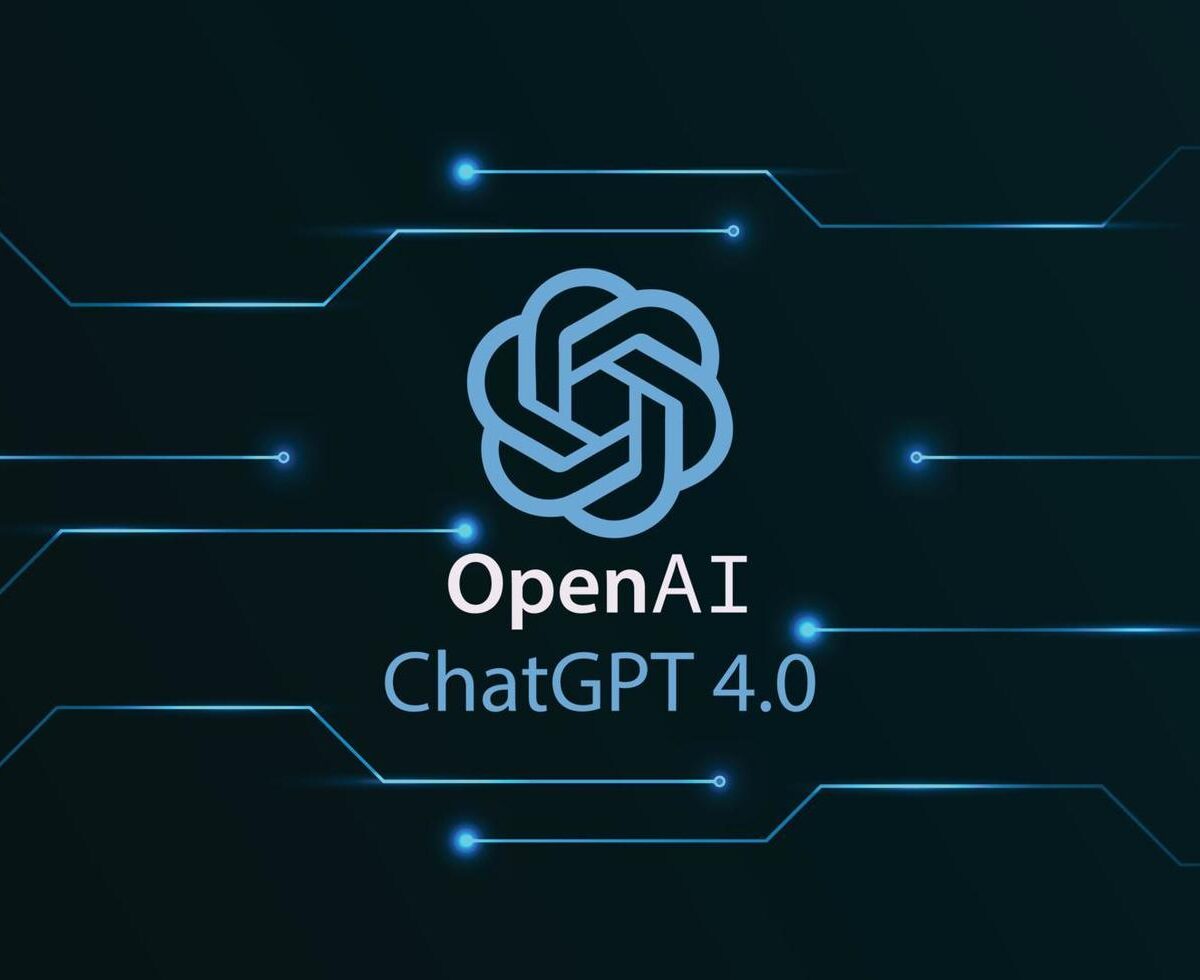
Australian Science Magazine AI Articles Face Criticism
In a controversial move, Cosmos, one of Australia’s premier science magazines published by the country’s state-backed national science agency, has come under scrutiny for featuring AI-generated articles in its recent issues. The Australian science magazine AI articles, created using OpenAI‘s advanced language model, GPT-4, have sparked a heated debate about the accuracy and ethics of using artificial intelligence in science journalism.
Experts Highlight Inaccuracies in AI-Generated Content
While Cosmos disclosed the use of AI in generating the articles, the Science Journalists Association of Australia raised serious concerns about the accuracy and oversimplification of the content. Jackson Ryan, the association’s president, pointed out several inaccuracies in the AI-generated article titled “What happens to our bodies after death?”.
For instance, the AI-generated content stated that rigor mortis sets in three to four hours after death, which Ryan claimed to be less definitive according to scientific research. Another example of oversimplification was the description of autolysis, a process of cell destruction by enzymes, which the AI referred to as “self-breaking.”
Ryan emphasized that such inaccuracies could erode public trust and perception of the publication, potentially damaging the credibility of science journalism as a whole.
Cosmos Defends AI Experiment, Commits to Review
In response to the criticism, a spokesperson for the national science agency asserted that the AI-generated content had undergone fact-checking by a trained science communicator and had been edited by the Cosmos publishing team. The spokesperson also stated that the magazine would continue to review the use of the AI service throughout the experiment, indicating a willingness to address the concerns raised by experts.
Former Editors Express Discomfort, Criticism
The decision to use AI-generated content has also drawn criticism from Cosmos’ former editors. Gail MacCallum, a self-proclaimed proponent of exploring AI, admitted that having AI create articles was beyond her comfort zone. Ian Connellan, another former editor, revealed that he had not been informed of the AI project and would have advised against it had he been aware.
AI Becomes a Battleground for Publishers and Musicians
The controversy surrounding the Australian science magazine AI articles in Cosmos is just one example of the growing tension between content creators and AI companies. The New York Times recently filed a lawsuit against OpenAI and Australian science magazine AI articlesMicrosoft, alleging that their powerful AI models used millions of articles for training without permission. As AI giants face a wave of lawsuits over using internet content to build content-generating systems, the debate over the ethical use of AI in various industries is likely to intensify.
As the world grapples with the rapid advancements in artificial intelligence, the case of Cosmos serves as a cautionary tale for publishers and content creators alike. While AI holds immense potential for innovation and efficiency, it is crucial to ensure the accuracy, integrity, and ethics of its application in fields such as science journalism, where public trust and understanding are paramount.
About the Author
Sarah Wilson – Author and Content Writer at AiBlock Insider
Sarah Wilson is a seasoned author and content writer with a passion for exploring the intersection of artificial intelligence and blockchain technology. With a rich background in tech journalism, Sarah brings a unique perspective to AiBlock Insider, where she crafts insightful articles that delve into the latest advancements, trends, and implications of these transformative technologies.
